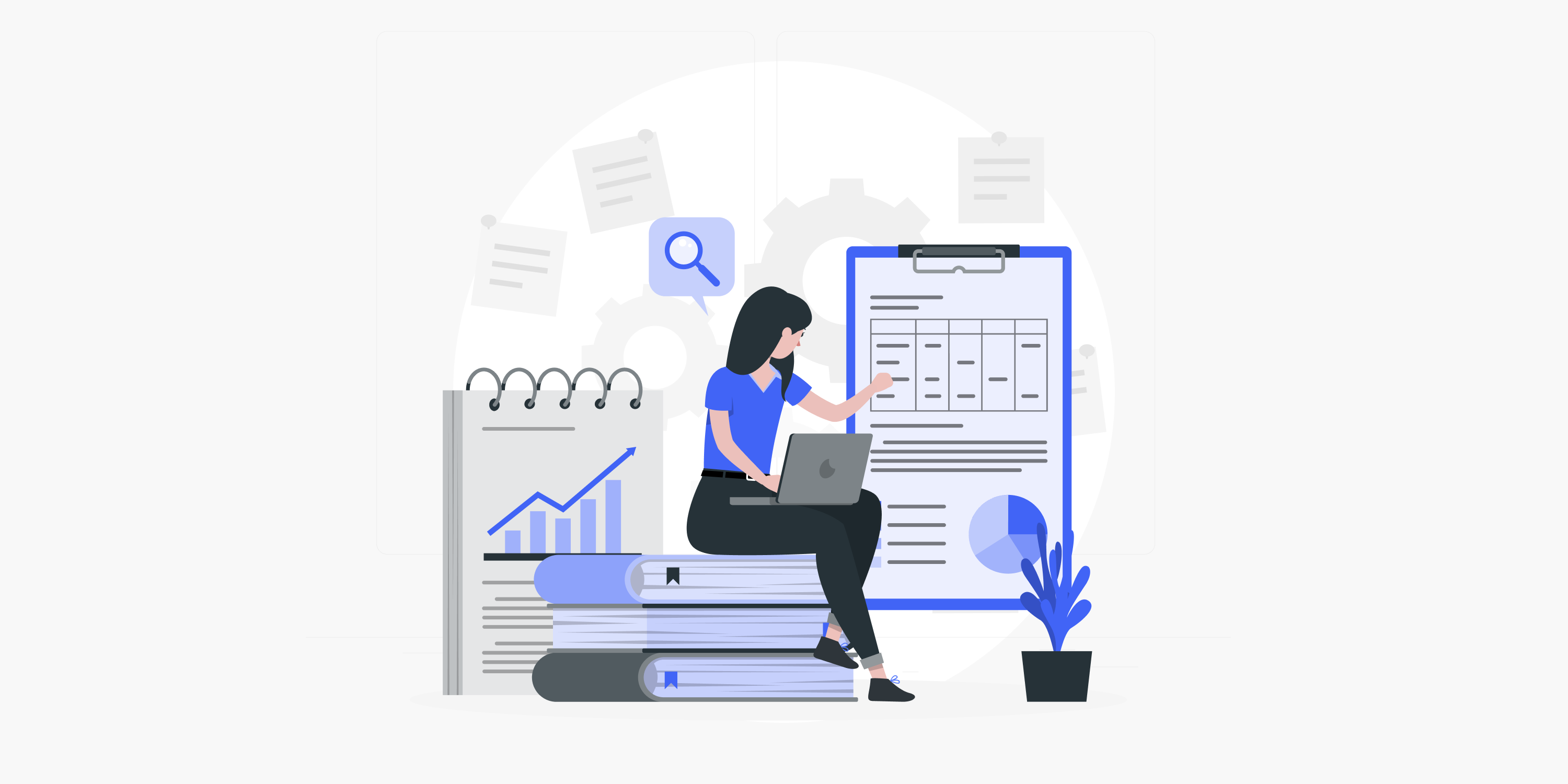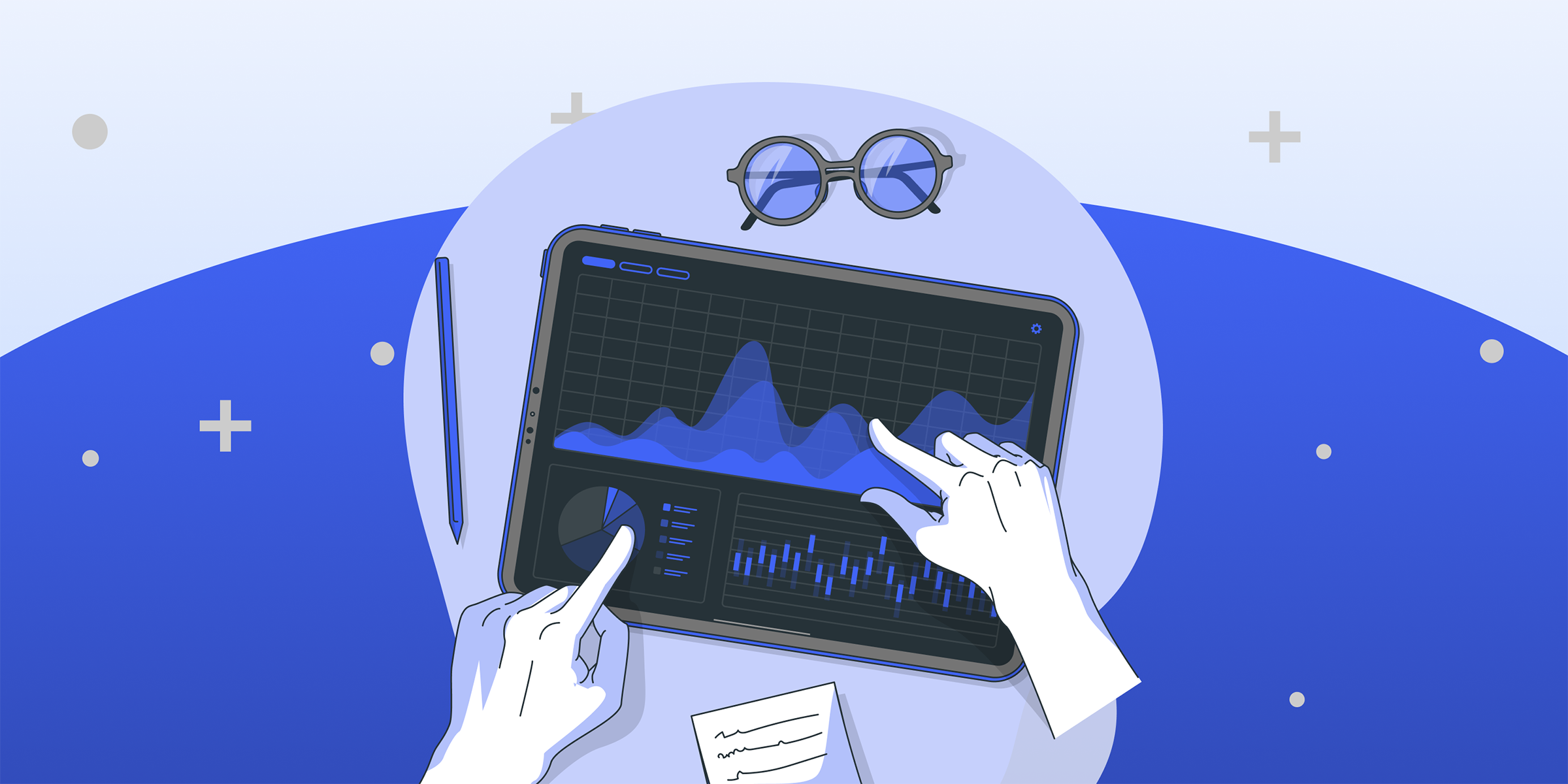Residential Proxies
Allowlisted 200M+ IPs from real ISP. Managed/obtained proxies via dashboard.

Proxies Services
Residential Proxies
Allowlisted 200M+ IPs from real ISP. Managed/obtained proxies via dashboard.
Residential (Socks5) Proxies
Over 200 million real IPs in 190+ locations,
Unlimited Residential Proxies
Unlimited use of IP and Traffic, AI Intelligent Rotating Residential Proxies
Static Residential proxies
Long-lasting dedicated proxy, non-rotating residential proxy
Dedicated Datacenter Proxies
Use stable, fast, and furious 700K+ datacenter IPs worldwide.
Mobile Proxies
Dive into a 10M+ ethically-sourced mobile lP pool with 160+ locations and 700+ ASNs.
Scrapers
Collection of public structured data from all websites
Proxies
Residential Proxies
Allowlisted 200M+ IPs from real ISP. Managed/obtained proxies via dashboard.
Starts from
$0.6/ GB
Residential (Socks5) Proxies
Over 200 million real IPs in 190+ locations,
Starts from
$0.03/ IP
Unlimited Residential Proxies
Unlimited use of IP and Traffic, AI Intelligent Rotating Residential Proxies
Starts from
$1816/ MONTH
Static Residential proxies
Long-lasting dedicated proxy, non-rotating residential proxy
Starts from
$4.5/MONTH
Dedicated Datacenter Proxies
Use stable, fast, and furious 700K+ datacenter IPs worldwide.
Starts from
$4.5/MONTH
Mobile Proxies
Allowlisted 200M+ IPs from real ISP. Managed/obtained proxies via dashboard.
Starts from
$1.2/ GB
Scrapers
Web Unblocker
Simulate real user behavior to over-come anti-bot detection
Starts from
$1.2/GB
Serp API
Get real-time search engine data With SERP API
Starts from
$0.3/1K results
Scraping Browser
Scale scraping browsers with built-inunblocking and hosting
Starts from
$2.5/GB
Documentation
All features, parameters, and integration details, backed by code samples in every coding language.
TOOLS
Resources
Addons
ABCProxy Extension for Chrome
Free Chrome proxy manager extension that works with any proxy provider.
ABCProxy Extension for Firefox
Free Firefox proxy manager extension that works with any proxy provider.
Proxy Manager
Manage all proxies using APM interface
Proxy Checker
Free online proxy checker analyzing health, type, and country.
Proxies
AI Developmen
Acquire large-scale multimodal web data for machine learning
Sales & E-commerce
Collect pricing data on every product acrossthe web to get and maintain a competitive advantage
Threat Intelligence
Get real-time data and access multiple geo-locations around the world.
Copyright Infringement Monitoring
Find and gather all the evidence to stop copyright infringements.
Social Media for Marketing
Dominate your industry space on social media with smarter campaigns, anticipate the next big trends
Travel Fare Aggregation
Get real-time data and access multiple geo-locations around the world.
By Use Case
English
繁體中文
Русский
Indonesia
Português
Español
بالعربية

Web Scraping Using Python: A Comprehensive Guide
In the digital age we live in, data plays a crucial role in decision-making, market analysis, and various other aspects of business and research. Web scraping, the process of extracting data from websites, has emerged as a powerful tool for gathering information from the vast expanse of the internet. In this article, we will delve into the world of web scraping using Python, a versatile and popular programming language for this purpose.
Before we dive into the technical details of web scraping using Python, it's essential to grasp the concept and its significance. Web scraping involves automated extraction of data from websites, typically in a structured format, for purposes such as analysis, research, or archiving. By automating the data collection process, web scraping saves time and resources while providing access to valuable information that may not be readily available through other means.
Python has gained immense popularity in the field of web scraping due to its simplicity, readability, and a rich ecosystem of libraries and tools specifically designed for this task. Libraries such as BeautifulSoup and Scrapy provide powerful capabilities for parsing HTML and XML documents, making it easier to extract the desired data from web pages. Additionally, Python's versatility allows developers to build robust web scraping scripts that can handle various complexities and edge cases efficiently.
To begin web scraping using Python, you first need to install the necessary libraries. The most commonly used libraries for web scraping are BeautifulSoup and requests. You can install these libraries using pip, Python's package installer, by running the following commands:
```python
pip install beautifulsoup4
pip install requests
```
Once you have installed the required libraries, you can start writing your web scraping script. The process typically involves sending an HTTP request to the target website, retrieving the HTML content, parsing the HTML using BeautifulSoup, and extracting the desired data based on the HTML structure.
While web scraping can provide valuable data insights, it is essential to adhere to ethical guidelines and respect the terms of service of the websites you are scraping. Here are some best practices to ensure ethical web scraping:
1. **Respect Robots.txt**: Check the target website's robots.txt file to understand which parts of the site are off-limits for scraping.
2. **Use Proper User-Agent**: Set a user-agent header in your HTTP requests to identify your scraping script and make it easier for website owners to contact you if needed.
3. **Avoid Overloading Servers**: Implement rate-limiting in your web scraping script to prevent overloading the target website's servers.
4. **Monitor Changes**: Regularly monitor the target website for any changes in structure or content that may affect your scraping script.
Once you are comfortable with the basics of web scraping using Python, you can explore more advanced techniques to enhance your scraping capabilities. Some advanced techniques include:
1. **Handling Dynamic Content**: Use tools like Selenium or Scrapy Splash to scrape websites with dynamic content loaded via JavaScript.
2. **Authentication**: Implement authentication mechanisms in your scraping script to access password-protected pages or APIs.
3. **Proxy Rotation**: Rotate IP addresses using proxy servers to avoid IP blocking by websites with stringent anti-scraping measures.
Web scraping using Python is a valuable skill that empowers businesses and researchers to gather and analyze data from the web efficiently. By leveraging Python's rich ecosystem of libraries and tools, developers can build robust web scraping scripts capable of extracting valuable insights from diverse online sources. However, it is crucial to approach web scraping ethically and responsibly to maintain a positive relationship with website owners and ensure sustainable data collection practices.
Featured Posts
Popular Products
Residential Proxies
Allowlisted 200M+ IPs from real ISP. Managed/obtained proxies via dashboard.
Residential (Socks5) Proxies
Over 200 million real IPs in 190+ locations,
Unlimited Residential Proxies
Use stable, fast, and furious 700K+ datacenter IPs worldwide.
Residential (Socks5) Proxies
Long-lasting dedicated proxy, non-rotating residential proxy
Dedicated Datacenter Proxies
Use stable, fast, and furious 700K+ datacenter IPs worldwide.
Web Unblocker
View content as a real user with the help of ABC proxy's dynamic fingerprinting technology.
Related articles

Unleashing the Power of Tamilyogi with ABCProxy: Your Ultimate Streaming Solution
Explore the latest in online streaming with Tamilyogi and ABCProxy. Discover a world of entertainment options at your fingertips. Upgrade your viewing experience today!

Maximize Your Online Security with Proxifier and ABCproxy: The Ultimate Guide
Are you looking to enhance your online security and privacy? Discover the benefits of using Proxifier and ABCproxy. Stay anonymous and protect your data with these reliable proxy tools. Elevate your browsing experience today!

Unveiling the Art of Web Scraping for Playwrights: A Playwright's Guide to Data Retrieval
Explore the world of playwrights with the power of web scraping. Uncover valuable insights and data on playwrights effortlessly. Dive into the realm of theatre creation with playwright web scraping.